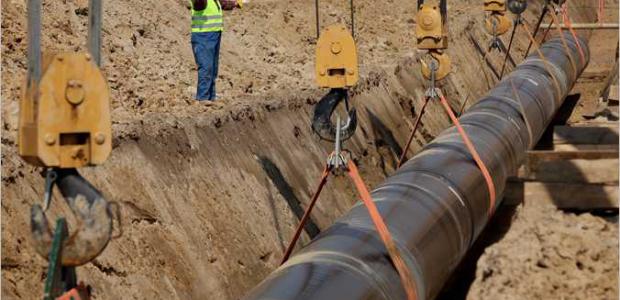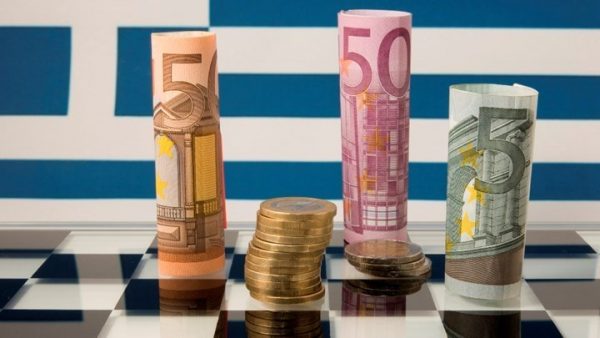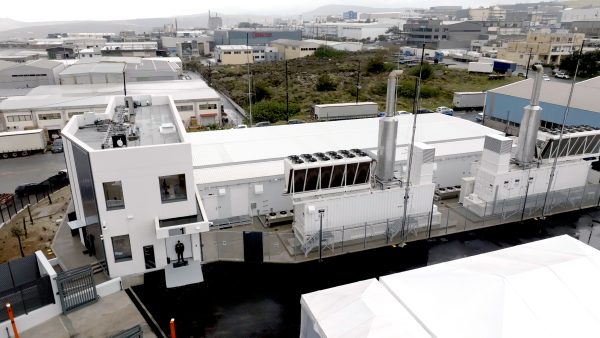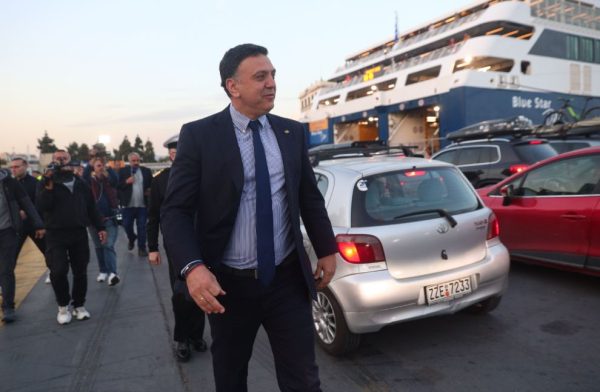
The Burgas-Alexandroupolis pipeline is on the table after the EU embargo on Russian oil and the increase in transit fees for the use of the Bosphorus Strait, writes Al Jazeera, which cites statements from both the Greek Minister of Energy, Kostas Skrekas, and his Bulgarian counterpart Roman Hristov.
Specifically, the Bulgarian minister said: “We have a two-year derogation [from EU sanctions] to buy Russian oil, but after that, we will face problems due to the increase in transit fees through the Bosphorus. So, we have begun discussing the revival of the Burgas-Alexandroupolis pipeline, and its extension north to the ports of Varna and Constanza.”
The pipeline will stretch 280 kilometers from the port of Alexandroupolis to the port of Burgas on the Black Sea and may continue north to the port of Constanza in Romania, Hristov explained.
“We support the project,” Greek Energy Minister Kostas Skrekas stated succinctly, without giving more information about the contacts. On November 22, Kostas Skrekas stated to OT that: “Bulgaria has proposed the specific project to us and we are in discussions”, adding that: “the transfer will take place from the point of the pipeline in Alexandroupoli and its quantities will be transferred to Burgas of Bulgaria”.
The original idea of the Burgas-Alexandroupoli pipeline, which first appeared in 1993, was to flow south, exporting crude oil from the Black Sea to the Mediterranean and beyond.
“The real problem was the delays and congestion in the strait. This is very easy to overcome with a pipeline,” said Michalis Myrianthis, who was involved in the project at the time.
“We wanted to be linked to a major producer for long-term supply… There was a very good relationship with Russia then,” he told Al Jazeera. “I remember we were talking about a second, parallel pipeline.”
In 2007, Greece, Bulgaria and Russia signed a political agreement to build the pipeline, with Russia promising to provide 35,000-50,000 tonnes of oil per year to fill it.
A 650,000-ton terminal at Alexandroupolis would ensure continuous supply to ships.
But Bulgaria pulled out of the project in 2010, citing environmental concerns, with industry insiders telling Al Jazeera it was US opposition to dependence on Russian oil that scuppered the project.
Last October, Turkey gave the pipeline a boost when it raised transit fees for tankers using the Bosphorus quintupled to $4 per tonne of oil, adding about half a percentage point to current oil prices.
Turkey will increase its revenue from transit fees from $40 million to $200 million annually, according to the Daily Sabah newspaper.
Latest News

Greek €200M 10Y Bond to be Issued on April 16
The 3.875% fixed-interest-rate bond matures on March 12, 2029, and will be issued in dematerialized form. According to PDMA, the goal of the re-issuance is to meet investor demand and to enhance liquidity in the secondary bond market.

German Ambassador to Greece Talks Ukraine, Rise of Far Right & Tariffs at Delphi Economic Forum X
Commenting on the political developments in his country, the German Ambassador stressed that it was clear the rapid formation of a new government was imperative, as the expectations across Europe showed.

Athens to Return Confiscated License Plates Ahead of Easter Holiday
Cases involving court orders will also be excluded from this measure.

Servicers: How More Properties Could Enter the Greek Market
Buying or renting a home is out of reach for many in Greece. Servicers propose faster processes and incentives to boost property supply and ease the housing crisis.

Greek Easter 2025: Price Hikes on Lamb, Eggs & Sweets
According to the Greek Consumers’ Institute, hosting an Easter dinner for eight now costs approximately €361.95 — an increase of €11 compared to 2024.

FM Gerapetritis Calls for Unified EU Response to Global Crises at EU Council
"Europe is navigating through unprecedented crises — wars, humanitarian disasters, climate emergencies," he stated.

Holy Week Store Hours in Greece
Retail stores across Greece are now operating on extended holiday hours for Holy Week, following their Sunday opening on April 13. The move aims to accommodate consumers ahead of Easter, but merchants remain cautious amid sluggish market activity.

Green Getaway Ideas for Easter 2025 in Greece
Celebrate Easter 2025 in Greece the sustainable way with eco-farms, car-free islands, and family-friendly getaways rooted in nature and tradition.

Civil Protection Minister Details Summer Firefighting Plans at Delphi Forum
At the 10th Delphi Economic Forum, Minister of Climate Crisis and Civil Protection Yiannis Kefalogiannis discussed Greece's plans for the upcoming fire season.

How Shops and Markets Will Operate During Easter Holy Week
The Easter holiday schedule has been in effect since April 10, with retail stores open Palm Sunday, and most supermarkets also operating to meet consumer demand for Easter shopping








































 Αριθμός Πιστοποίησης
Αριθμός Πιστοποίησης